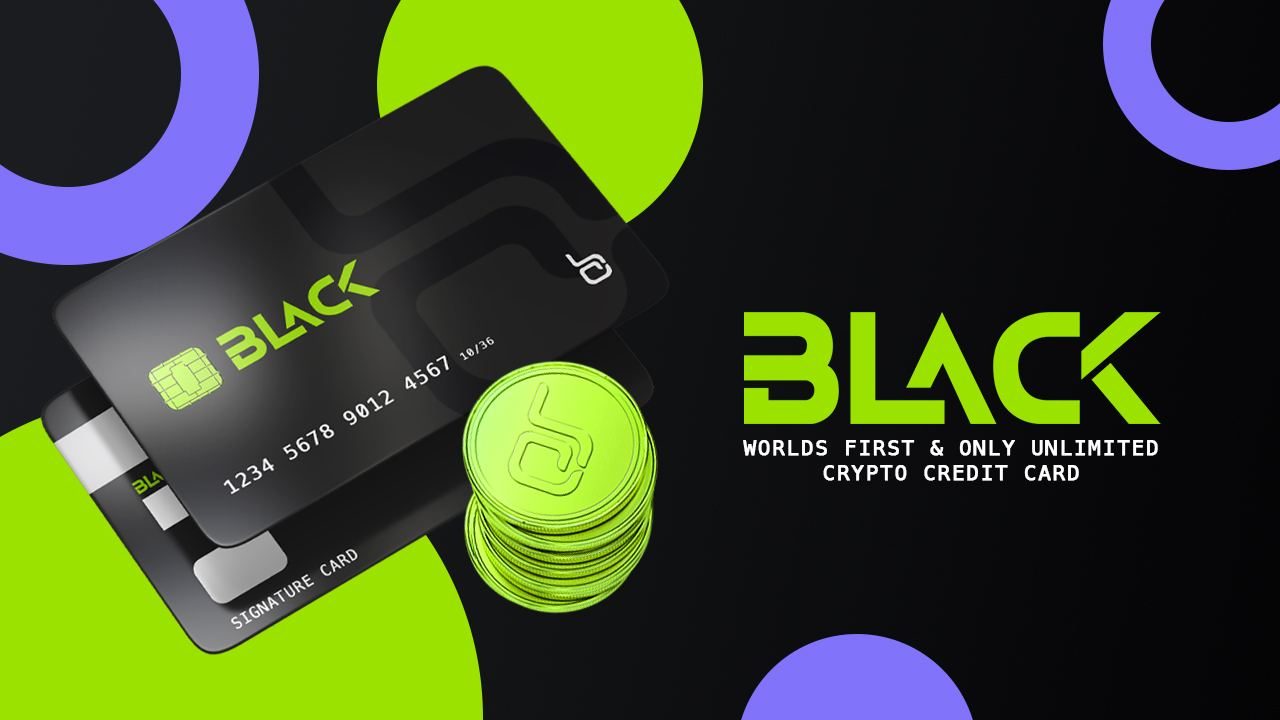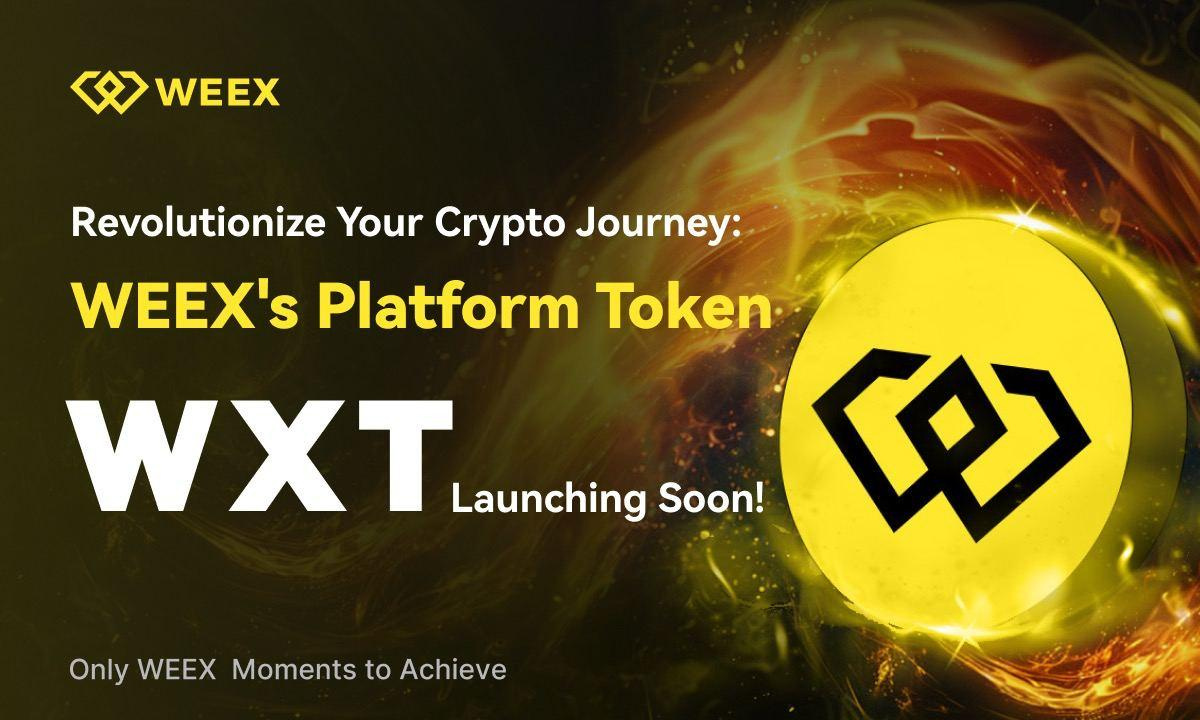Cardano’s average transaction fees (ADA) rose 1,466 percent over the past year
Data from Messari shows that the average transaction fee on the Cardano (ADA) network rose from $ 0.03 to $ 0.47, an increase of 1.466% in over a year.
Transaction fees for the Cardano network | Source: Messari
Transaction fees are usually charged at a fixed rate in ADA. Therefore, if the price of ADA increases as the dApp ecosystem matures, it could become expensive to trade on Cardano.
How are transaction fees calculated in the Cardano network?
In order for transactions to work on Cardano, users must pay a minimal fee to motivate SPO Operators (SPOs) to keep the network up and running. It also increases network security by making denial of service (DDoS) attacks expensive for attackers trying to spam the network through fake transactions.
The minimum fee is calculated using the formula a + bx size. Where “a” = 0.155381 ADA, “b” = 0.00043946 ADA / byte and “size” = size of the transaction in bytes.
IOHK charges a 200-byte transaction, usually a transaction with a minimum fee of 0.1641802 ADA, or $ 0.3497 at today’s prices.
“0.155381 ADA + 0.00043946 ADA / byte × 200 bytes = 0.1641702 ADA”.
In deriving “a” and “b”, IOHK said that many factors such as storage costs, average transactions per second, etc. were taken into account to come up with a minimum value. In this way, they can achieve their goal of preventing DDoS attacks and at the same time adequately compensate the SPOs for their effort and operating costs.
“How expensive is a byte of computer memory?
How many transactions per second on average?
How big will a transaction be on average?
How much does it cost to run a full node? “
In other words, IOHK is delicately balancing the charging system to ensure network security and efficiency at the lowest possible cost.
Is Cardano economically scalable?
The above parameters were set more than four years ago. At the time, ADA was costing about $ 0.02. However, the rise in ADA prices since then has driven transaction fees up significantly.
The current average transaction fee of $ 0.47 can be suitable for many users. But what if the price of ADA hits $ 10? Furthermore, will this force users from less developed areas to look elsewhere?
However, IOHK CEO Charles Hoskinson does not see this as a problem. In a recent AMA, Hoskinson handle It is said that thanks to Voltaire and Catalyst, ADA owners can vote on proposals to reduce fees at the right time.
This integrates indirectly scalable fees, which is a problem in the short term.
The question will be, how does IOHK intend to solve the problem of increasing transaction fees on Cardano?
Join Bitcoin Magazine Telegram to keep track of news and comment on this article: https://t.me/coincunews
Mr. Teacher
According to Cryptoslate
Follow the Youtube Channel | Subscribe to telegram channel | Follow the Facebook page













